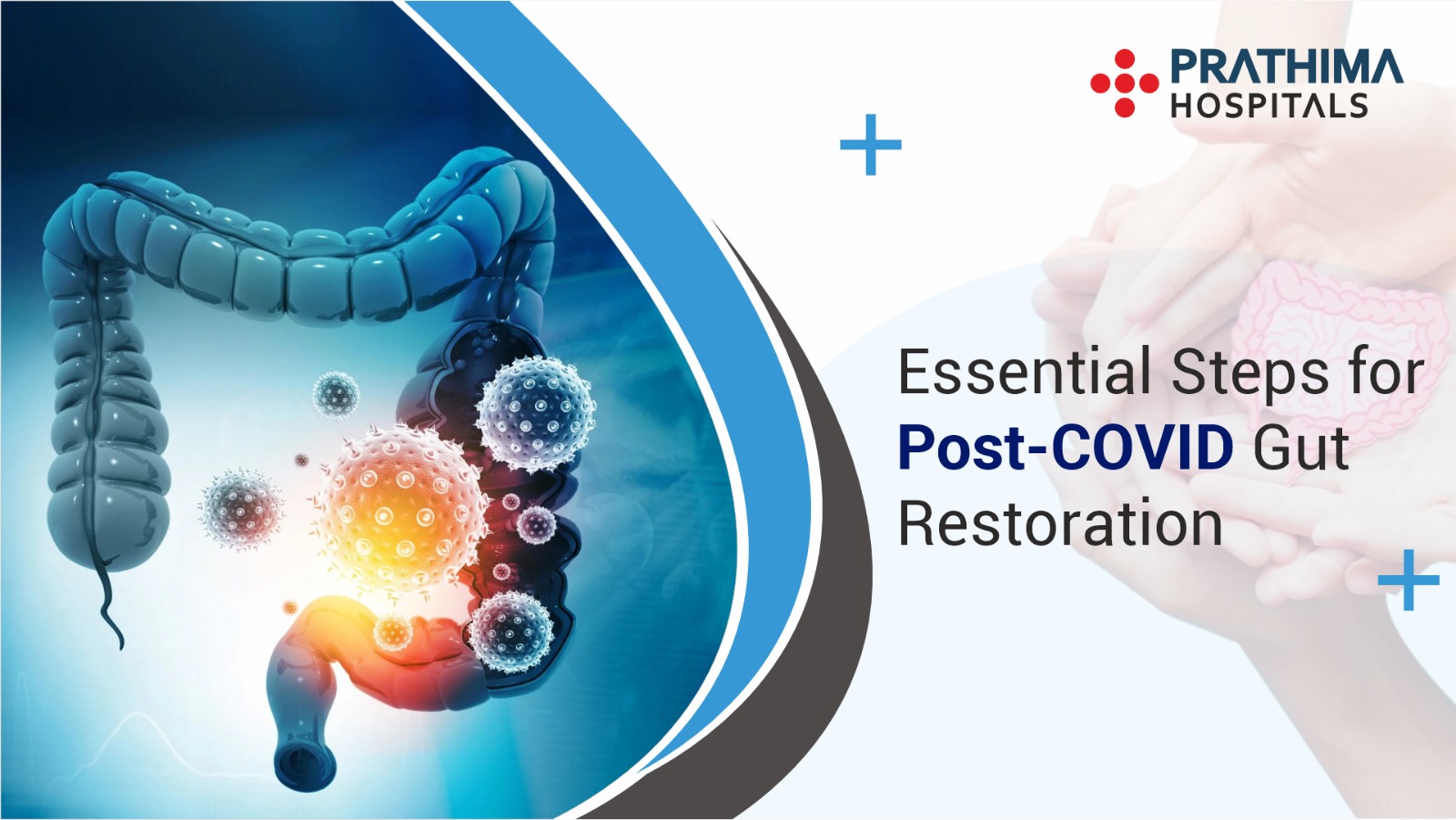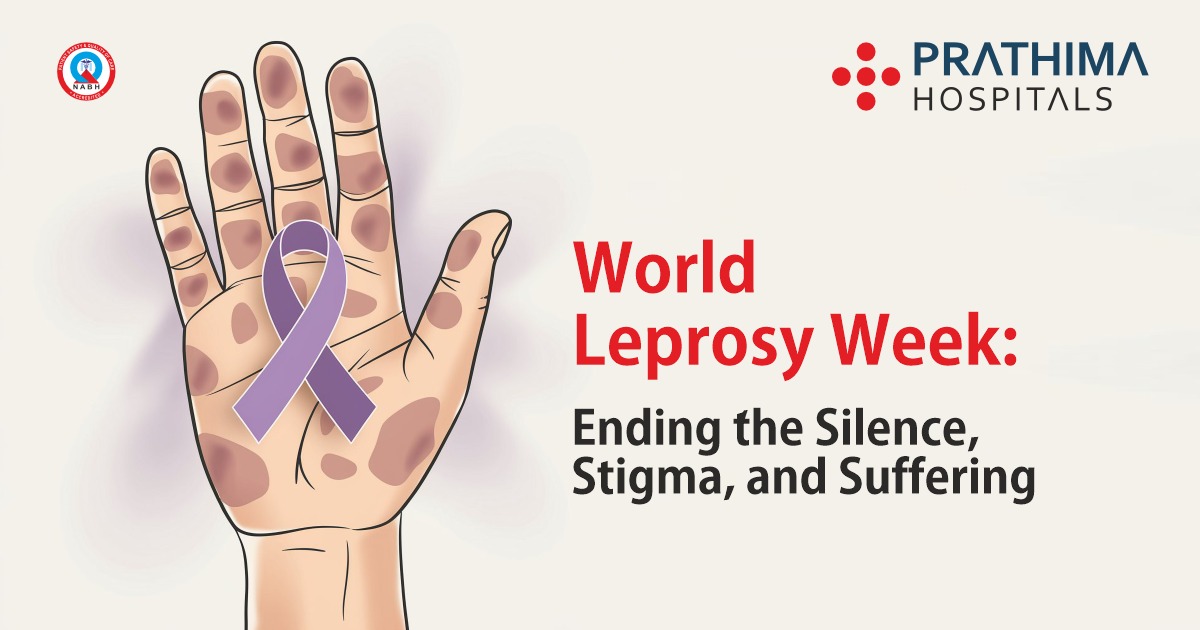Stress, Lifestyle Changes, and Gut Health: A Pandemic Perspective!

COVID Impact on your Gut Health
The COVID-19 pandemic has undoubtedly been a global disruptor, affecting not only public health but also casting a profound shadow over various aspects of daily life. Amid the myriad consequences, one area that has come under scrutiny is gut health, a critical element in the intricate web of our overall well-being and immunity. As the pandemic unfolded, bringing with it unprecedented stress and anxiety, the impact on dietary habits became palpable, leading to a perturbation in the delicate balance of the gut microbiome.
The Gut Microbiome: A Key Player in Health and Immunity
As per the Best Gastroenterologist in Hyderabad gut microbiome, a diverse community of trillions of microorganisms residing in the gastrointestinal tract, plays a pivotal role in maintaining health. Comprising bacteria, viruses, fungi, and other microbes, this complex ecosystem contributes to digestion, nutrient absorption, and the regulation of the immune system. A balanced gut microbiome is associated with overall well-being, while an imbalance, known as dysbiosis, can lead to various health issues.
The profound alterations in lifestyle triggered by the pandemic have had a cascading effect on dietary choices, exercise routines, and stress levels. These changes, coupled with the direct impact of the virus on the body, have created a fertile ground for disruptions in the gut microbiome. Stress, a common companion of these challenging times, has been identified as a significant factor in gut health imbalances. The gut-brain axis, a bidirectional communication system between the gut and the central nervous system, underscores the interconnectedness of mental and digestive health.
The Gastrointestinal Face of COVID-19
As suggested by Dr. B. Ramesh Kumar – Gastroenterologist at Prathima Hospital, while the primary respiratory symptoms of COVID-19, such as cough and shortness of breath, dominate the clinical landscape, the gastrointestinal manifestations should not be overlooked. Dr. B. Ramesh Kumar, Chief Gastroenterologist at Prathima Hospital, Kachiguda emphasizes that COVID-19 can present with symptoms affecting the digestive system, including diarrhea, vomiting, and liver inflammation. These gastrointestinal symptoms may occur in isolation or alongside respiratory symptoms, adding a layer of complexity to the clinical presentation of the disease.
The virus, known for its ability to bind to the ACE2 receptor, is not confined to the respiratory tract. ACE2 receptors are abundantly present in the gastrointestinal tract, providing a plausible explanation for the gastrointestinal symptoms observed in COVID-19 patients. Moreover, the virus’s inflammatory impact on the body can extend to the liver, causing acute hepatitis. Recognizing and addressing these gastrointestinal manifestations are crucial for a comprehensive understanding of COVID-19 and its aftermath as per Best Gastroenterologist in Kukatpally.
Nurturing Gut Health in the Wake of COVID-19
Dr. B. Ramesh Kumar, Chief Gastroenterologist advocates a proactive and holistic approach to recovery post-COVID-19, placing a special emphasis on nurturing gut health. The following measures are recommended to restore balance to the gut microbiome and support overall recovery:
1. Probiotics:
After overcoming a viral infection, reintroducing beneficial bacteria into the gut is paramount. Probiotics, available in fermented foods like yogurt or as supplements, aid in restoring a healthy balance of bacteria. This step is integral to rebuilding the gut microbiome, which may have been adversely affected during the course of the illness.
2. Hydration:
Maintaining optimal hydration is foundational for supporting digestion and eliminating toxins. Adequate fluid intake contributes to the recovery process, assisting the digestive system in its natural functions.
3. Gradual Dietary Transition:
Rather than abruptly altering dietary habits post-infection, a gradual transition is recommended. Easily digestible foods such as soups, steamed vegetables, and lean proteins provide a gentle reintroduction to regular eating patterns, preventing undue stress on the digestive system.
4. Fiber-Rich Foods:
The reintroduction of fiber is crucial for promoting regular bowel movements and sustaining overall gut health. Fruits, vegetables, and whole grains, rich sources of fiber, contribute to the restoration of a balanced gut microbiome.
5. Limit Processed Foods:
Minimizing the consumption of processed and high-fat foods is advised, as these can be challenging to digest and may exacerbate post-infection digestive issues. A focus on whole, nutrient-dense foods is encouraged for optimal recovery.
6. Stress Management:
Acknowledging the impact of stress on digestion, incorporating stress-reducing activities into daily life is imperative. Practices such as meditation or yoga not only contribute to mental well-being but also positively influence the digestive system, facilitating a more robust recovery process.
7. Consultation with best gastroenterologist in Hyderabad:
Persistent digestive issues warrant best gastroenterologist in Hyderabad evaluation. Seeking guidance from a top gastro specialist ensures a comprehensive assessment of any lingering complications and provides personalized advice tailored to an individual’s specific health needs. This step is instrumental in expediting the recovery process and preventing potential long-term complications.
The Interplay Between Mental Health and Gut Health
As the world grapples with the aftermath of the pandemic, it is crucial to recognize the intricate interplay between mental health and gut health. Stress, a pervasive companion in these challenging times, can have a profound impact on the gut microbiome. The bidirectional communication between the gut and the brain, facilitated by the gut-brain axis, underscores the importance of addressing both mental and digestive well-being in the recovery journey.
As per Best Gastroenterologist in KPHB Stress, anxiety, and uncertainty are known to influence gut motility, alter the composition of the gut microbiome, and compromise the integrity of the intestinal barrier. These changes can contribute to the development or exacerbation of gastrointestinal issues. Conversely, an unhealthy gut microbiome can send signals to the brain, potentially influencing mood and cognitive function. Therefore, interventions aimed at restoring gut health should encompass strategies to mitigate stress and promote mental well-being.
Looking Ahead: The Road to Comprehensive Recovery
The approach to post-COVID recovery extends beyond the resolution of acute symptoms. It involves a commitment to rebuilding overall health, recognizing the interconnectedness of various bodily systems. Nurturing gut health emerges as a cornerstone of this comprehensive recovery strategy, with implications reaching far beyond the digestive system.
The multifaceted recommendations put forth by Dr. B. Ramesh Kumar, Chief Gastroenterologist at Prathima Hospital, Kachiguda serve as a guide for individuals navigating the aftermath of a COVID-19 infection. From the reintroduction of probiotics to stress management practices, each recommendation contributes to a holistic recovery process. As we collectively navigate these unprecedented times, embracing a proactive and integrated approach to health becomes imperative.
The impact of the COVID-19 pandemic reverberates across the globe, leaving no facet of life untouched. Among the myriad consequences, the spotlight on gut health emerges as a testament to the intricate interplay between our microbiological landscape and overall well-being. Dr. B. Ramesh Kumar, Chief Gastroenterologist insights into the gastrointestinal manifestations of COVID-19 underscore the need for a comprehensive recovery strategy that addresses both viral clearance and the restoration of gut health as per best Best Gastroenterologist in Kachiguda.
For Specialist Consultation Call: 7337336603 / 7337336600





